The highs and lows of being a Black grad student
The brainchild of one scholar, the webinar series, The Good and the Bad of Black Grad, has provided a platform for Black academic voices across the country.
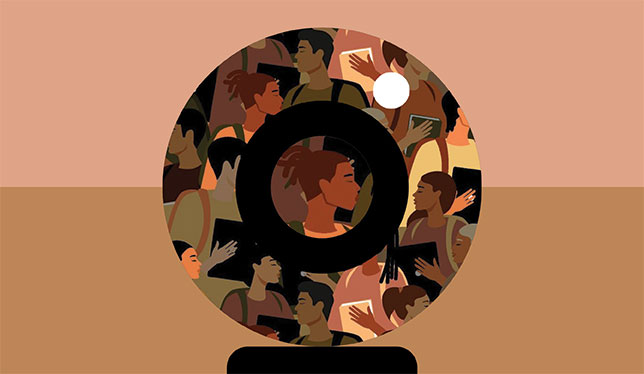
Night terror
Something is wrong. I look around in the dark to assess where I am. With a heaving chest I scan my mind:
(Expletive)! Am I late? Did I leave enough solvent on the instrument? Did you reply to that nasty email yet? What am I forgetting? My alarm didn’t go off! What time is it?
I check my phone: 4:37 a.m. It takes a couple seconds for me to recognize I’m in my room – in my own bed, in my apartment, in Kamloops.
Breathe. In through the nose: one…two…three, out through the mouth: one…two…three…
Again.
Again.
Again, until the timpani in my ribcage dampens and the cacophony of thoughts quiet. Until my hands stop shaking and I can hear:
You’re safe, it’s okay. It’s over. He has no power over you anymore.
Over a year ago, I left Edmonton, after completing my PhD at the University of Alberta, and I’m better for it. I am on medication which has hugely improved my life and I’m more stable. But every now and again the trauma resurfaces. Triggers lurk in corners unseen and the worries never leave me, but I am smiling more days than not.
Almost a decade ago I was a doe-eyed 23-year-old student, ready for the new adventure of grad school. I was bubbling over with energy as I packed too many bags of clothes for my journey from Brampton, Ont. to Edmonton. I remember the frenetic excitement in my gut the day that I left. I was just brimming over with curiosity – totally naive about the journey ahead of me.
I mean, I knew it wouldn’t be easy. I signed up for the challenge and opportunity to push myself academically. Nothing prepared me for the nearly seven years of shame, humiliation and torment that would lead to severe anxiety and depression throughout my PhD program. It’s not unusual for graduate students to suffer from mental health issues for a variety of reasons – from borderline poverty to grossly distorted power dynamics between student and supervisor. These factors, which disadvantage students, are ever-present at universities the world over. As a Canadian student whose tuition was covered, I had relative privilege. Nevertheless, I came to learn the special kind of isolation that comes with being one of the few Black graduate students in a university, a loneliness that not many survive.
Rouse
Only at the end of my PhD did I begin to form a personal network of Black student peers. The Black Lives Matter protests had sparked fury across the U.S.-Canadian border and resurrected conversations about race here in the North. Tensions have always been here, churning below the veiled surface of a history of dehumanization and subjugation. Before our brand of federally manufactured multiculturalism, racism was more blatant; clear in its connections to colonialism in Canada. (e.g., A century ago, Prime Minister Wilfrid Laurier tried to officially ban the entry of Black people into the country as they were “deemed unsuitable to the climate and requirements of Canada.”) The collective ire raised by #BlackLivesMatter catalyzed the #blackintheivory discussion describing how racism is present in a variety of institutions, including in the academy. At the U of A, Black students mobilized and petitioned the school’s leadership to respond to their Calls To Action. The fateful murder of George Floyd stoked the anguish which I had smothered throughout my life. In an unexpected and protracted way, it also brought me solace in the acknowledgement of my strife, and comfort in my newfound community.
At that point, U of A’s Black Graduate Students’ Association (BGSA) had been around for less than a year and was advocating in a moment like no other. I joined them and conducted my rage into writing, organizing and advocating for something more. An idea had been circling the chaos in my head for some time. I gathered friends virtually from the BGSA and peers from the newly formed Canadian Black Scientist Network and despite being online, the connection among us felt strong. We joked and laughed and shared stories. The feelings were familiar – not unlike sitting with your cousins at a family barbeque while the adults get caught up. I asked for their thoughts on the usefulness of a podcast series about being a Black academic in Canada. An animated discussion revealed the striking (and sometimes heartbreaking) similarity of our experiences and resulted in a long list of possible topics. Many people offered to be part of the potential project that very day.
There has been a brazen avoidance of any discussion on anti-Black racism in Canada. The many crises of 2020 brought the world to an inflection point. Until then, the absence of race-based data had bolstered the willful ignorance of universities and buttressed the abuse of Black students and scholars by colleagues and peers. Complaints by racialized people have been reduced to anecdotal one-offs, thereby reinforcing racism at all levels and cementing the status quo. My goal was to create a platform which could amplify the voices of Black academics scattered across the country. Webinars had become commonplace at that point in the pandemic. I envisioned something like a fireside chat which would encourage panelists to share their stories in an intimate setting while the audience could sit-in and listen to raw real discussions in a space that had not existed before. The potential for learning was great. I’m glad that others thought so too.
Rise
When I learned of the possibility of project-funding through the Canadian Association for Graduate Studies (CAGS), I jumped at the chance – well, more like launched myself willingly into a world of unknowns. After reviewing my proposal, CAGS signed off as the founding sponsor and “The Good and the Bad of Black Grad” was born. Produced between March 2021 and October 2021, the five-part webinar series was the manifestation of my vision. I had the honour and responsibility of deciding every aspect of the production. From contacting panelists, to contracting designers; from recruiting episode sponsors to directing the edits after the live broadcast – this project was my baby. I knew how much it could mean to the Black academic community and because of that, I would not let it fail.
I stayed up into the wee hours of the night reviewing emails to invitees and confirming the availability of panelists. As the host and moderator, I had to curate questions that would be provocative enough to keep the audience listening but approachable enough that panelists would feel comfortable too. Where I could, I did my best to employ Black talent to support the show — I absolutely could not have pulled it off without Rahwa Asrat and Belen Gelata – two students from University of Calgary who became my steadfast and valiant communications team. Even still, there were countless details that I never thought I’d have to consider, each one requiring time to pull off a successful episode. One detail which I didn’t mind so much was choosing catchy titles, a big responsibility that was lightened by a little alliteration, such as “Recruit, Retain and Represent!” and “Black Don’t Crack? The Blessings and Blues of Black Mental Health.”
The title for the inaugural episode demanded more seriousness though, because “Being the Only One” is no joke. That title was repurposed from a letter I’d written a year before that would go on to become an opinion piece in Maclean’s. Throughout the series, I tried to recruit panelists from diverse disciplines and geographic locations. The first episode was divided into three distinct segments: The Good, The Bad, and The Future, with corresponding questions that would inspire discussion. Kayonne Christy (a UBC alum, now at the University of Michigan), Melanie Morrison (a UofT alum, now at UCSF), and Tiffany Gordon (at Dalhousie University) were eloquent and articulate which made hosting easy. I totally fangirled when education professor, Carl James from York University agreed to join as a guest as well. He turned things around and asked questions about our thoughts during this period of prospective change. It was because of him that I later added a fourth segment, “Petition a Prof”, where a senior researcher would join to offer their take on the topic at hand.
The discussion flowed smoothly from one subtopic to another. We easily filled the 90-minute time slot and surely could have continued on. I would soon abandon the multipart structure I had first conceived, which constrained the natural progression of the conversation. Besides, life experiences can seldom be coded into discrete boxes. Grad school was described by many as “a roller coaster”: a wild ride between unexpected highs and gut-wrenching lows, with joyous, torturous and bewildering moments part and parcel of the journey. Although the title of the series implied a dichotomy of the Black graduate student experience, the show revealed an array of perspectives as diverse as the guests because, of course, we are not a monolith. I believe the series did a good job of capturing that.
Daydream
I was just a newbie executive director/host/moderator/producer and there are so many things I wish I could have done differently. I wish I had hired a video editor on contract for the entire project – a student who would have joined our communications team and produced quippy video clips that could be repurposed in many ways; I would have loved to have hosted at least one episode which featured French-speaking guests with a francophone host. Contributions from academics in Quebec and further east would certainly have added fascinating insights that were not captured. There were still limits to the accessibility of the series. I would have loved to have had simultaneous interpretation into American Sign Language and at the very least have had all episodes transcribed and subtitled into both English and French. And there a few other things which would have yielded a more polished show.
We had only just crossed a threshold in history which enabled this series to be possible. For now, these discussions seem to be acknowledged and desired by postsecondary institutions. There are still so many conversations to be had, but perhaps what’s more important are the ones that will be started outside of and because of it. If nothing else, I have to hope that someone will see even a clip of an episode one day and will learn something from it.
Lucid
The sound of SZA’s “Kill Bill” swells.
Just five more minutes.
I swat the snooze.
These days, I’m working with a small team to develop a data diversity strategy. My postdoctoral research aims to understand how people experience equity (or not) on campus. I get up for the students: I may never meet them, but I know they deserve to advance their education, or at least have the choice. I hope my work will contribute to improving postsecondary experiences of historically marginalized learners in the future.
Maybe I’m not such an altruist and I’m doing it for myself – or, more accurately, avenging that younger girl I used to be. Maybe in some way, I’m doing this work in hopes that it’ll help to heal the damage incurred over many years in grad school. The series allowed me to process my own experiences in ways I hadn’t imagined. Two years after defending, I’m much happier now.
After a second alarm, I roll out of bed. I change, and brush my teeth. Run my mouth under the tap and wash down my pill. Then, it’s off to the gym before work. I still need to move my body every day to keep the dread at bay.
The Good and Bad of Black Grad was sponsored in part by the Canadian Association for Graduate Studies. All episodes can be found on YouTube.
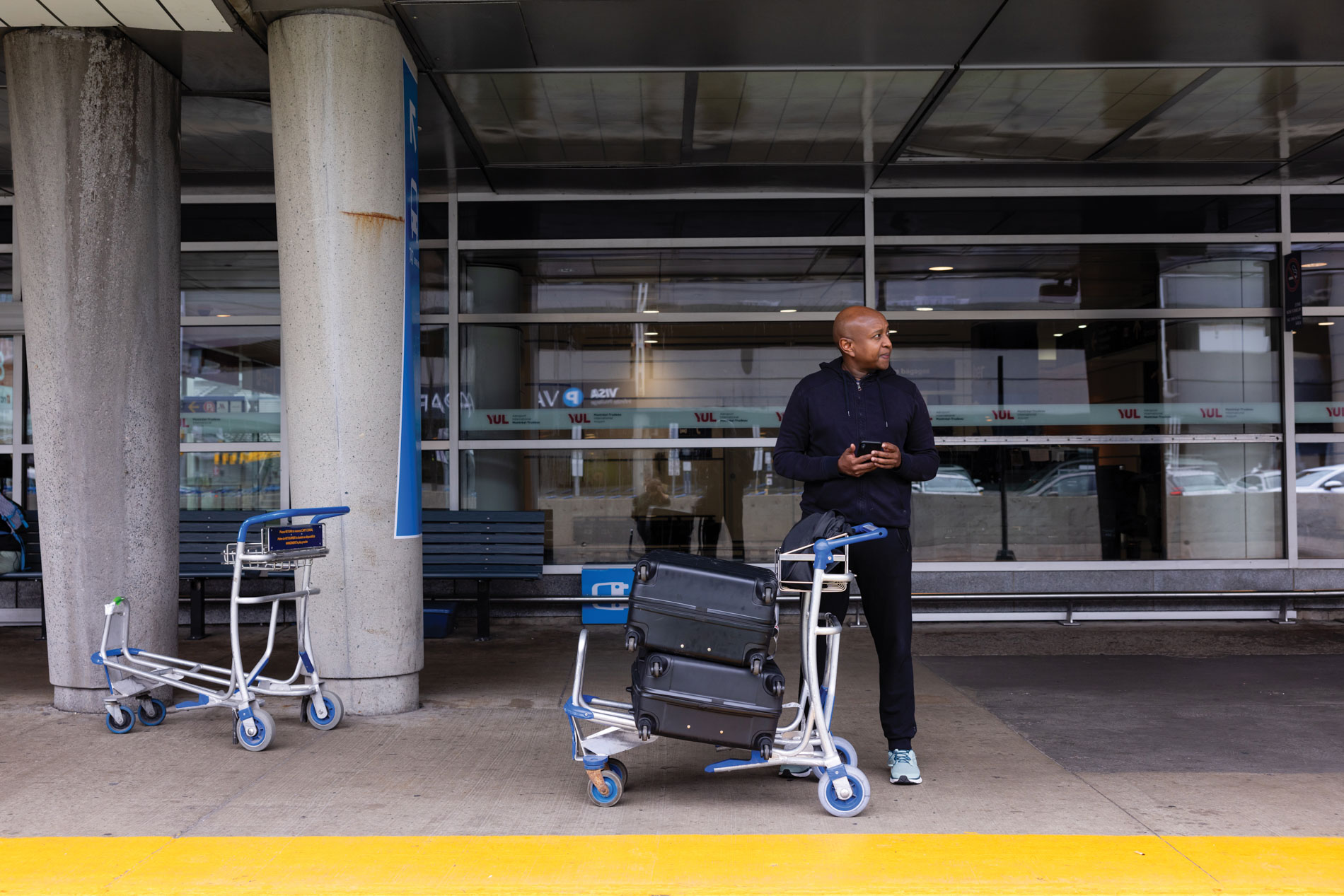
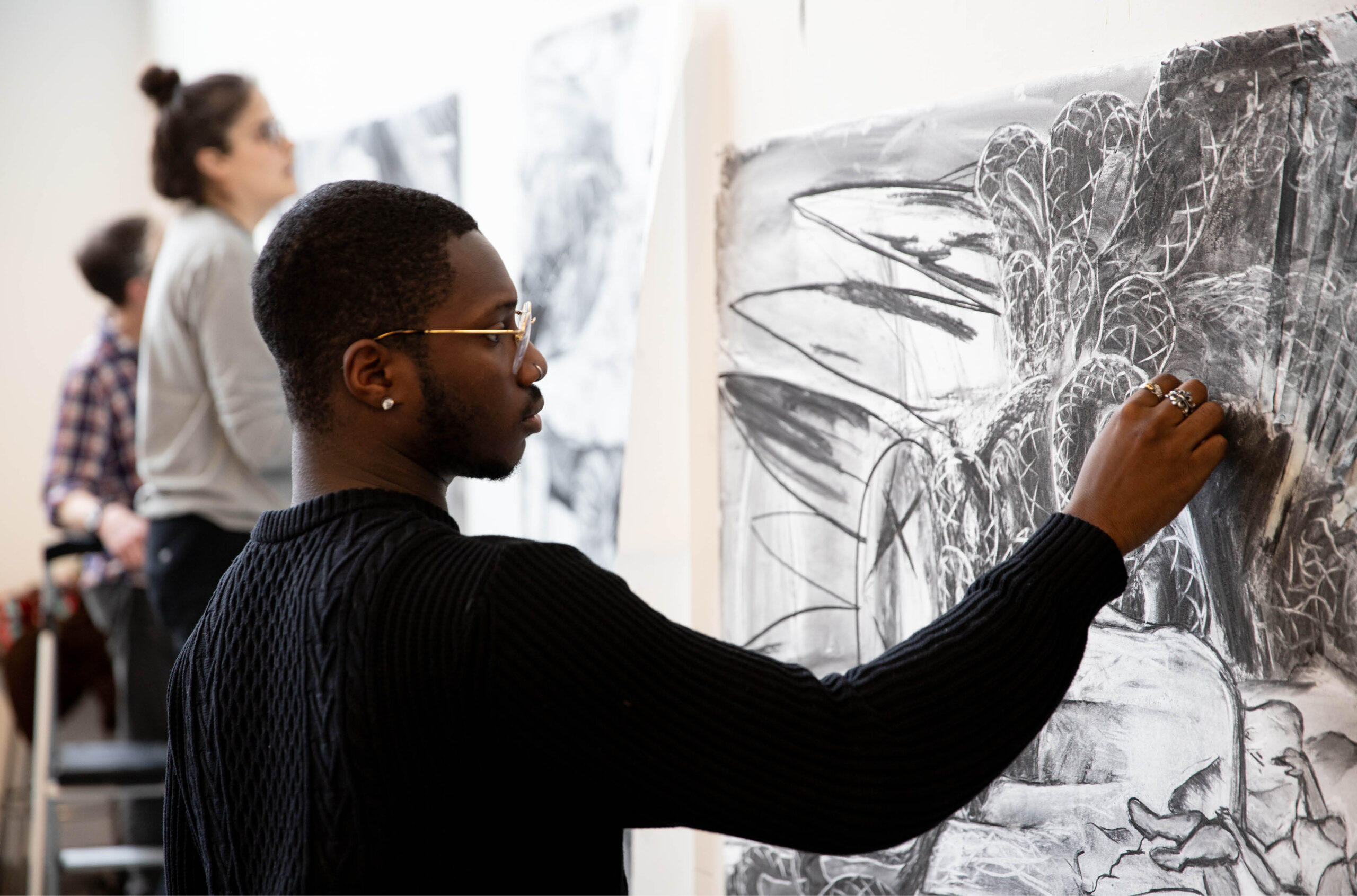
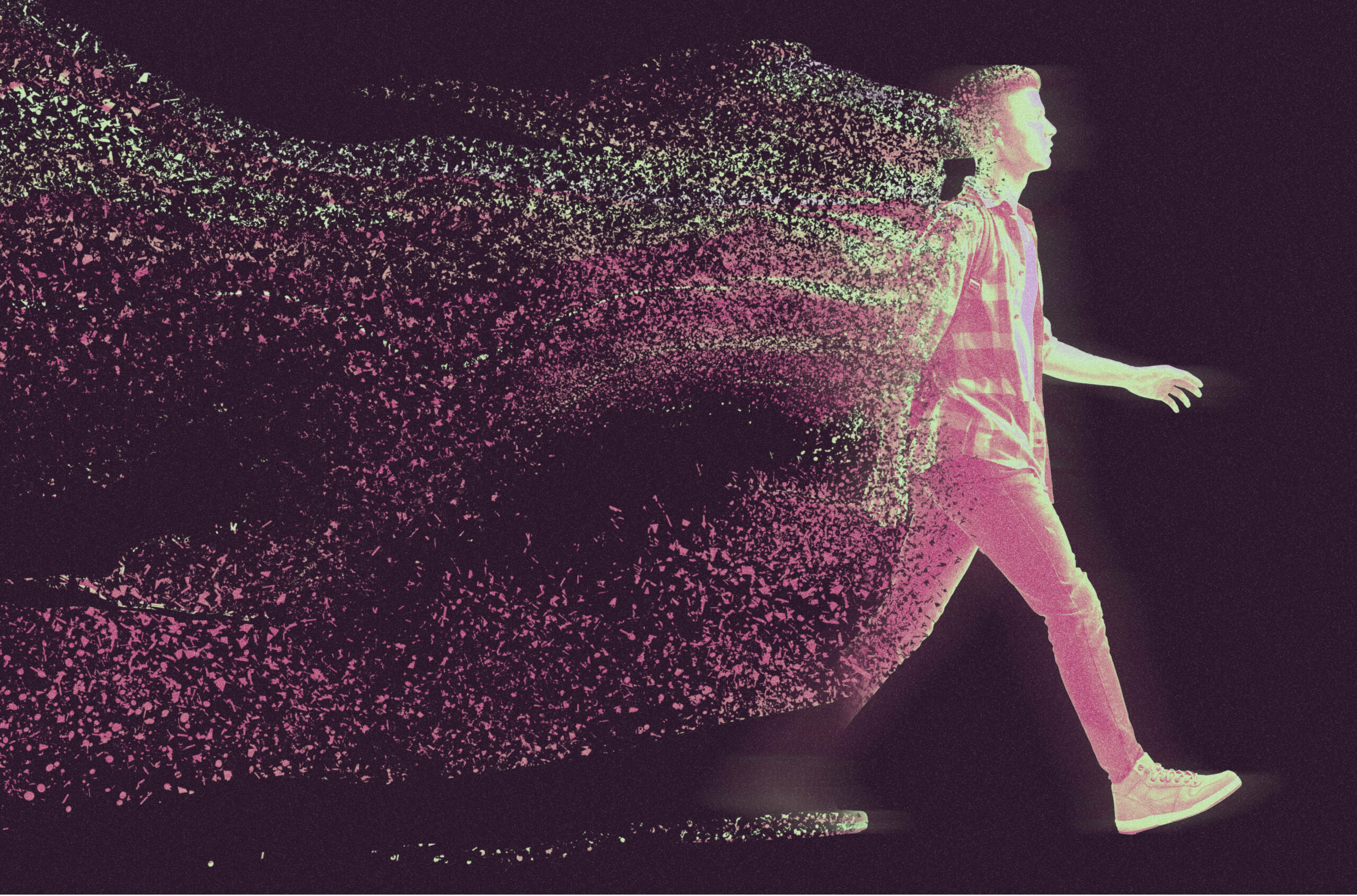
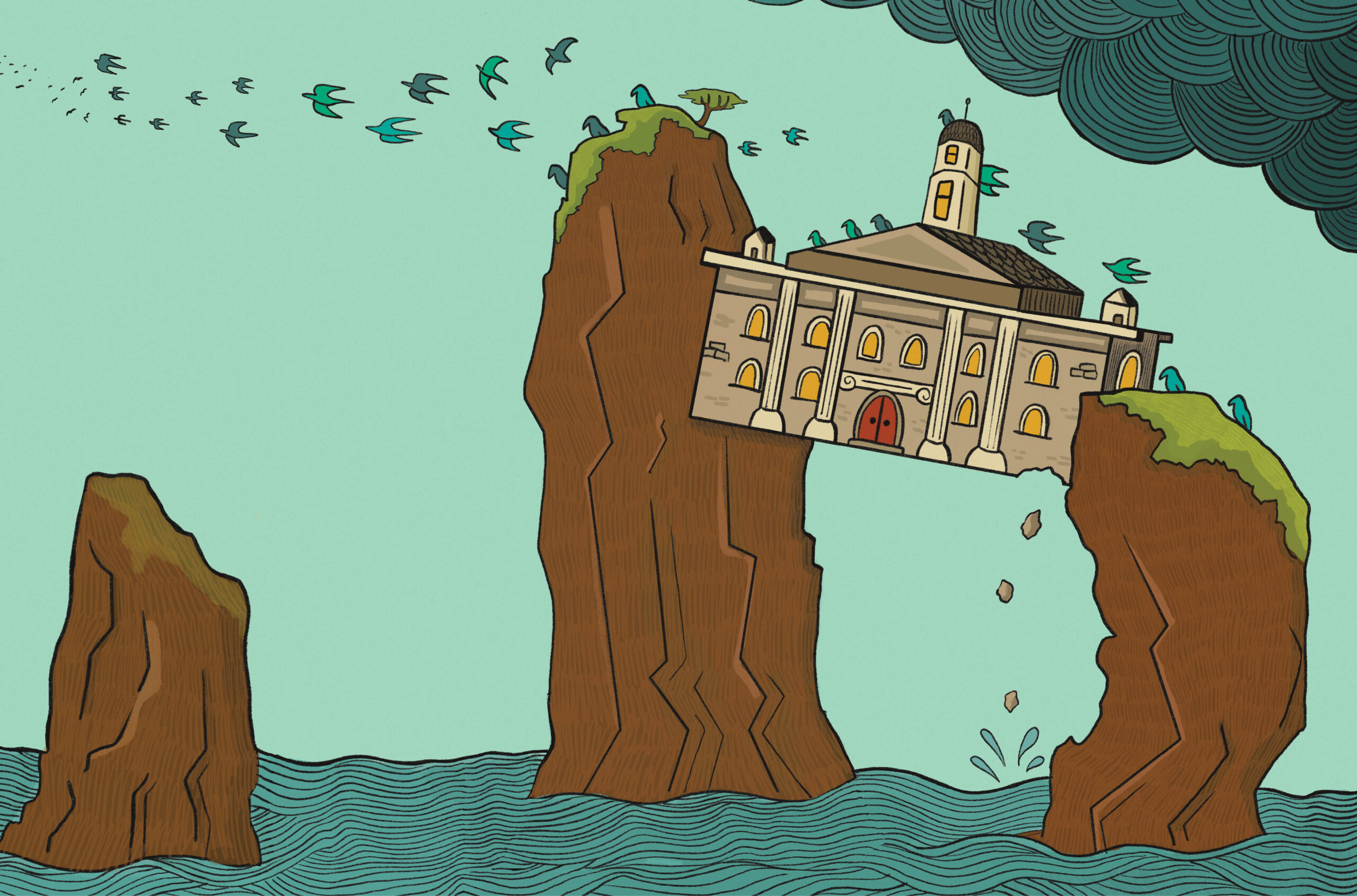
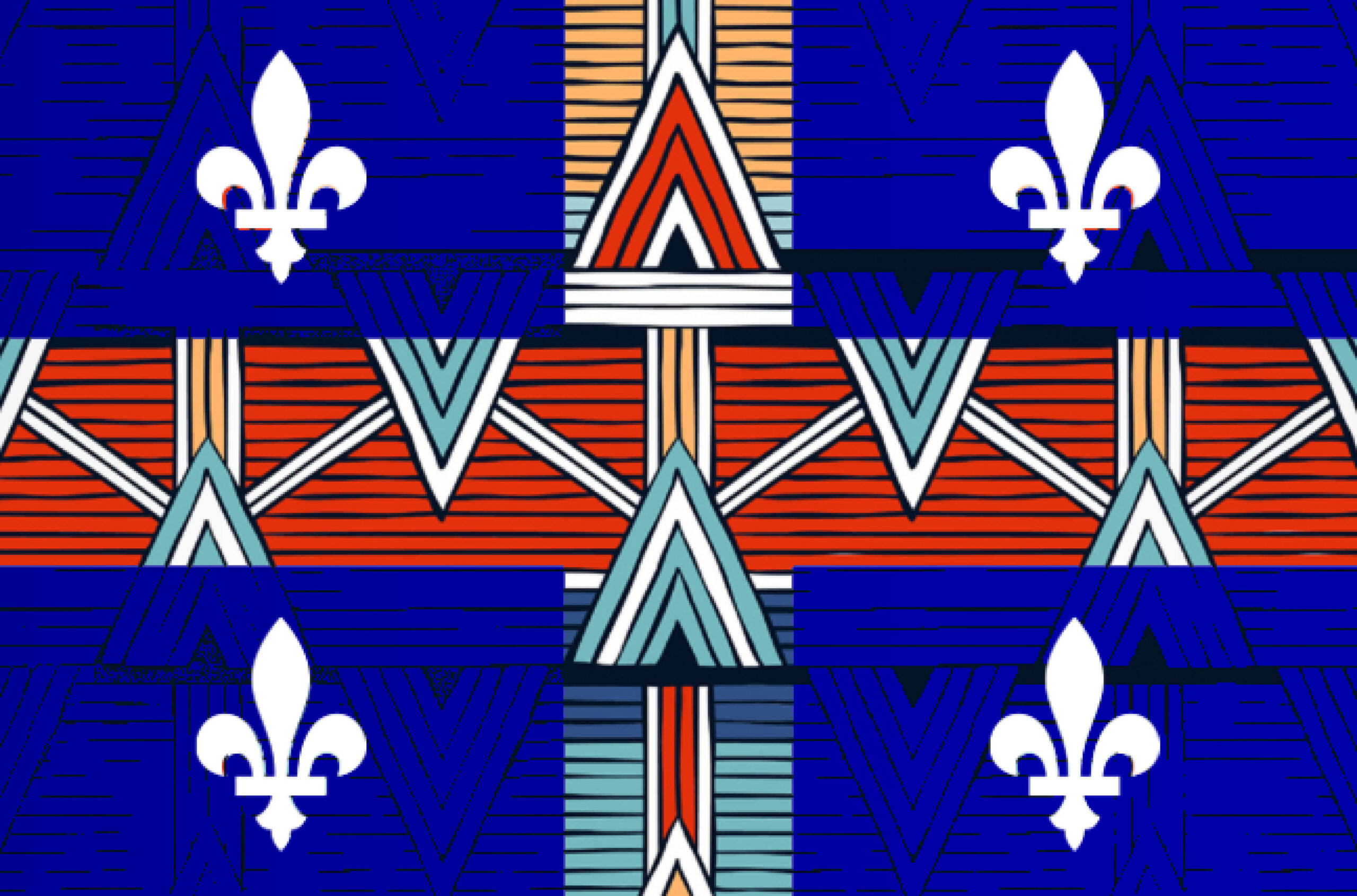

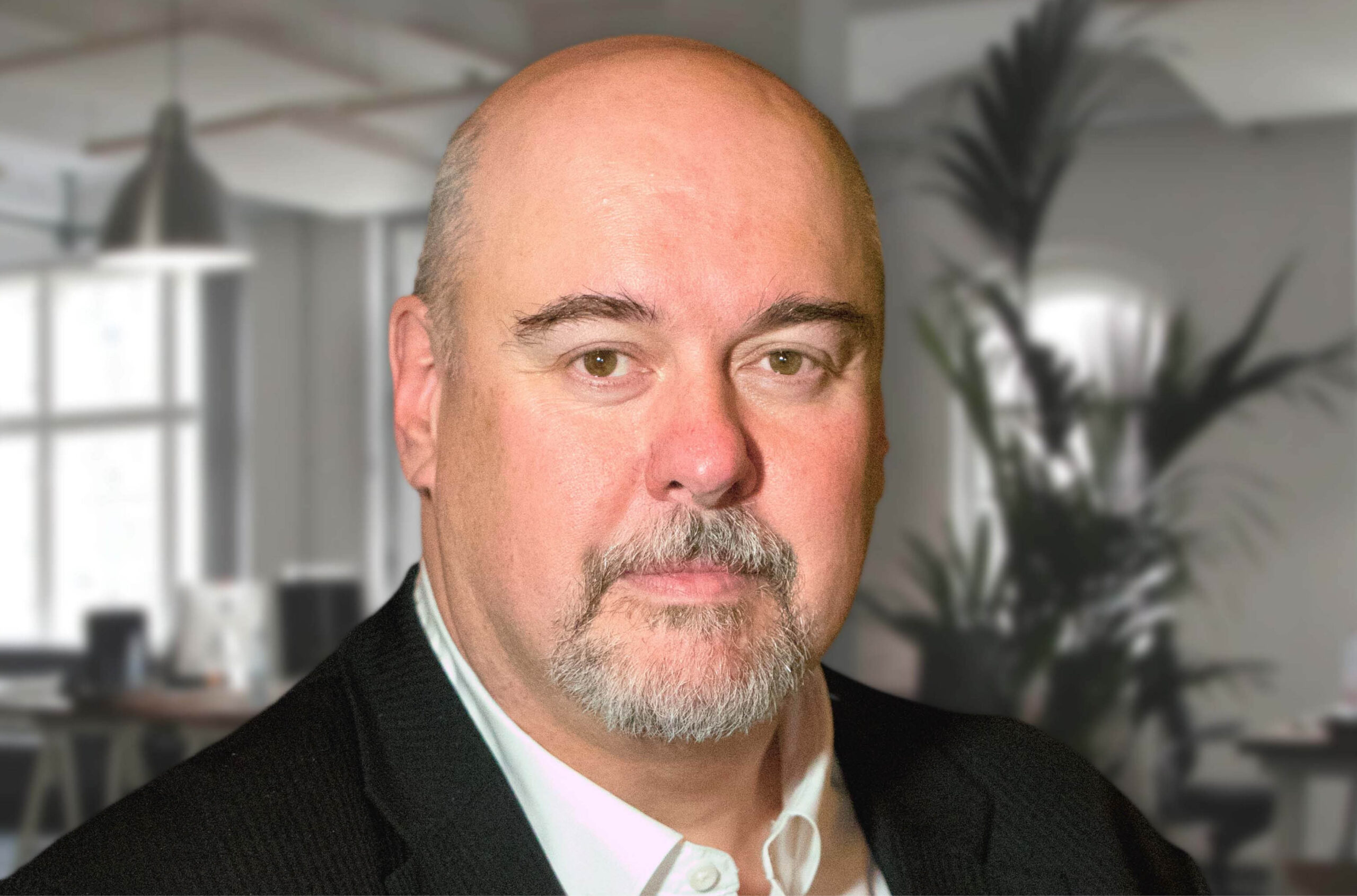
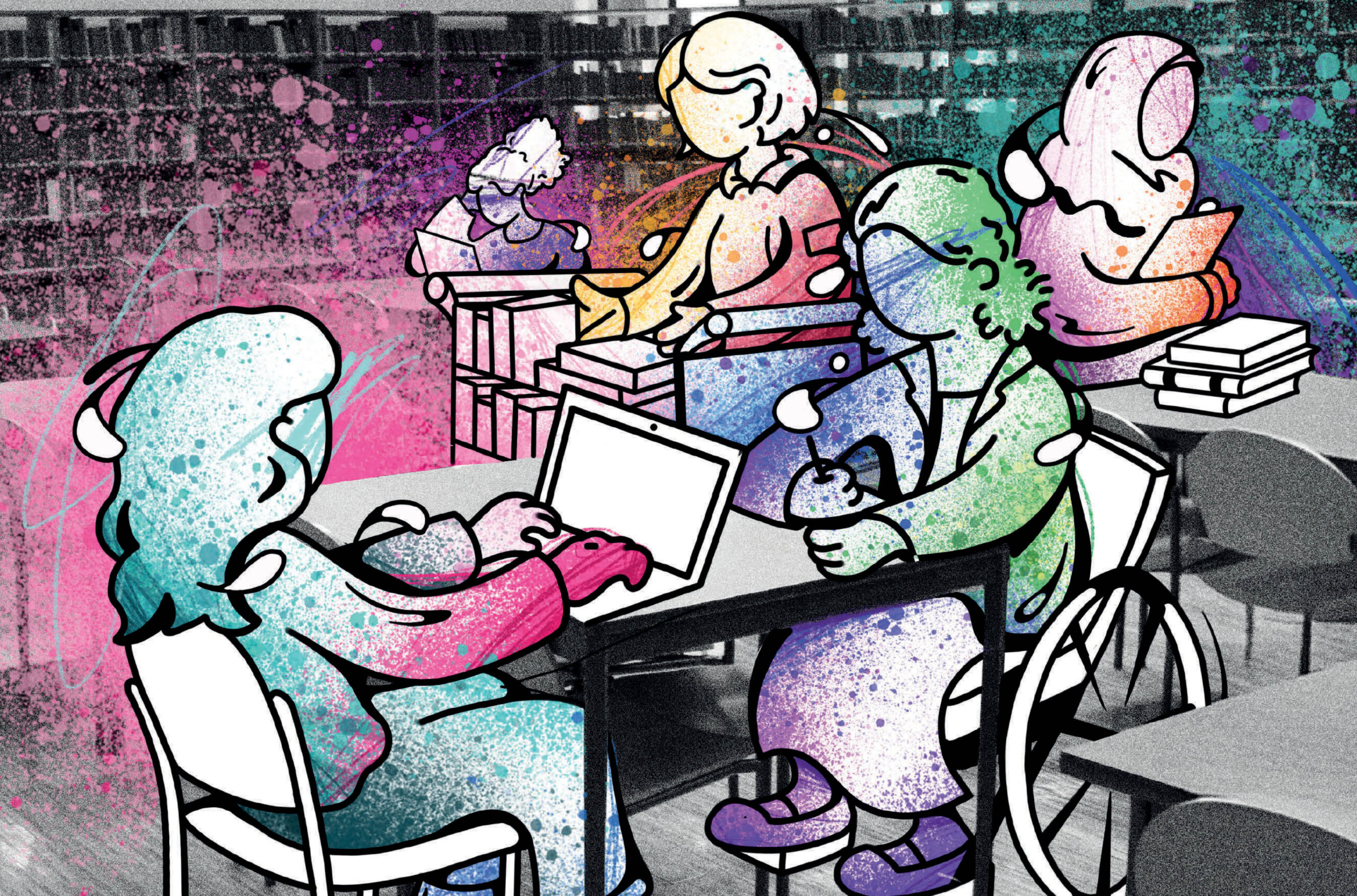
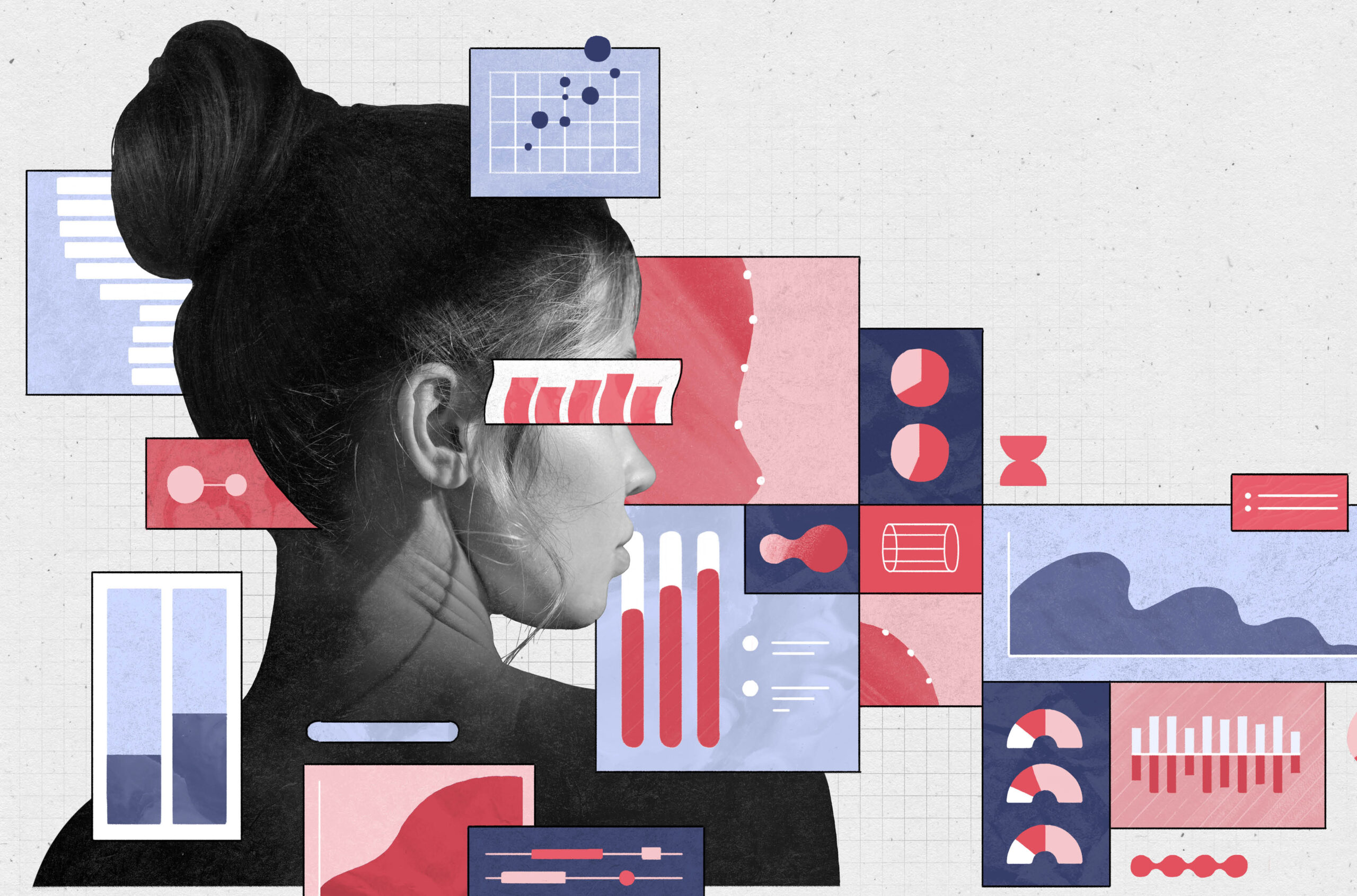

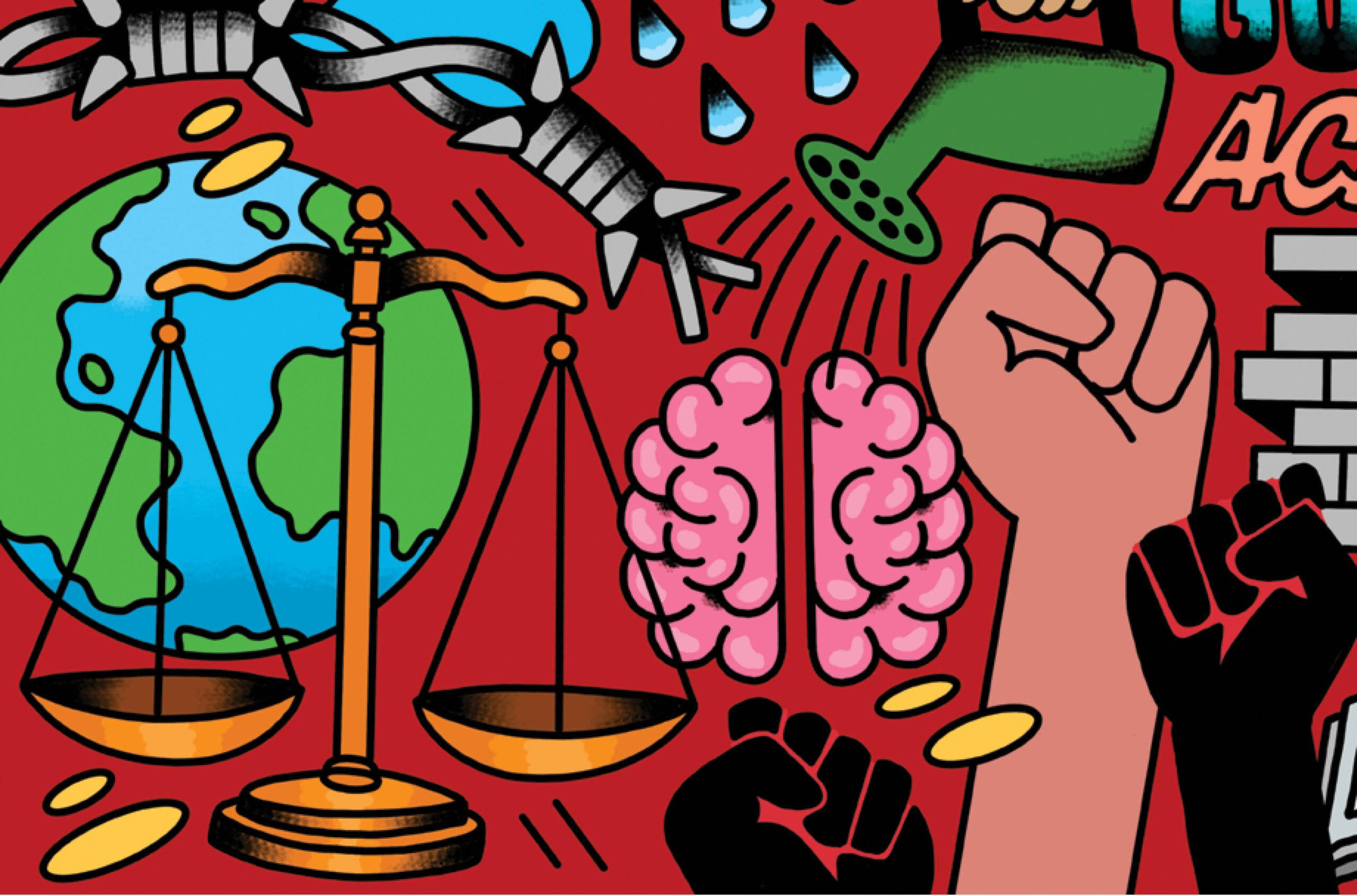
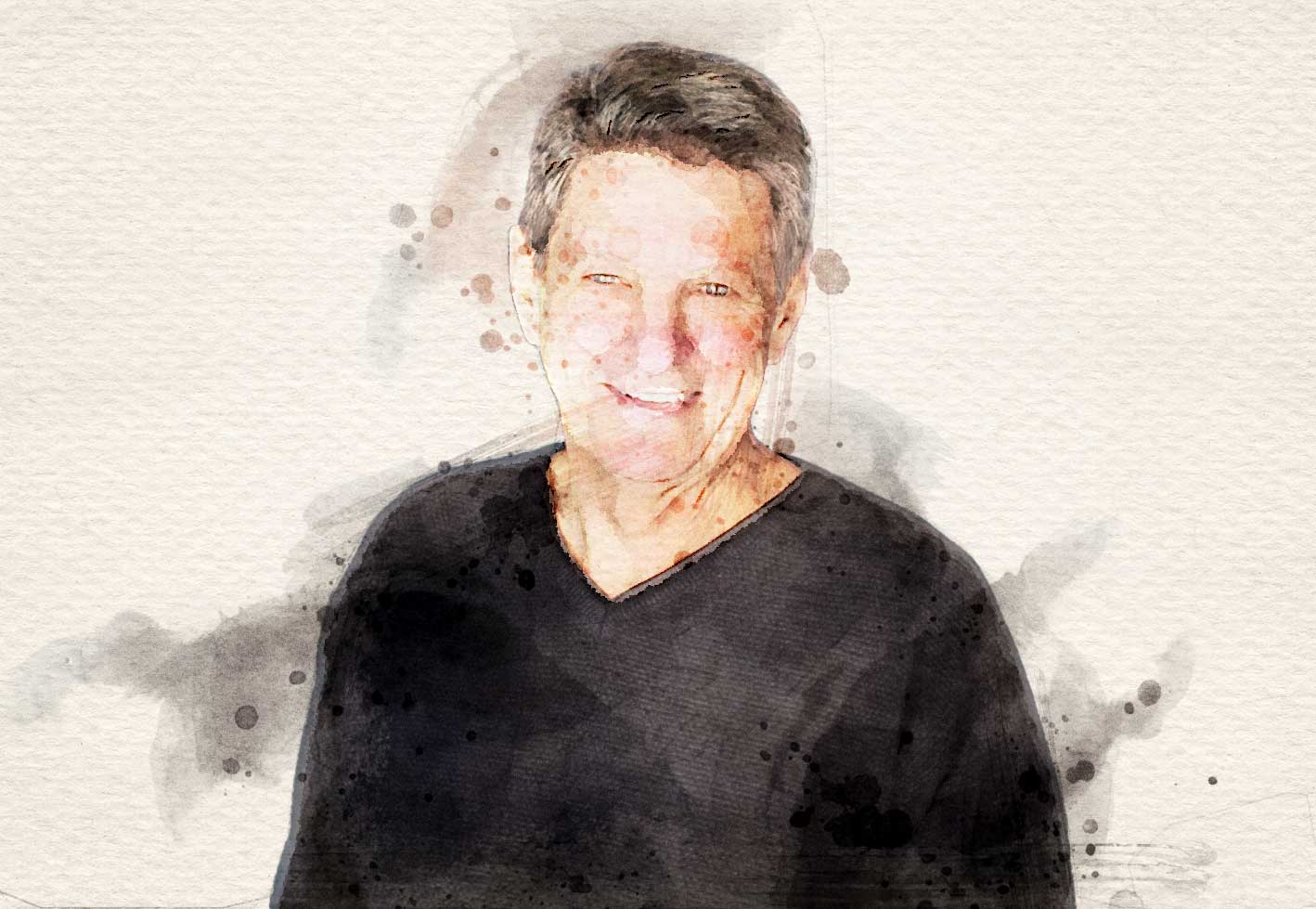
Post a comment
University Affairs moderates all comments according to the following guidelines. If approved, comments generally appear within one business day. We may republish particularly insightful remarks in our print edition or elsewhere.
2 Comments
Wow, what a great read! Now I’ve got to look for those webinars—where I’m sure I’ll find much relatable wisdom, plus more of the gutsy, giving spirit that Dr. Asiedu clearly has in abundance.
To avoid what the author calls “complaints by racialized people … reduced to anecdotal one-offs,” wouldn’t it be proper to include in this article at least one independent campus study showing the prevalence of racism on a Canadian campus?